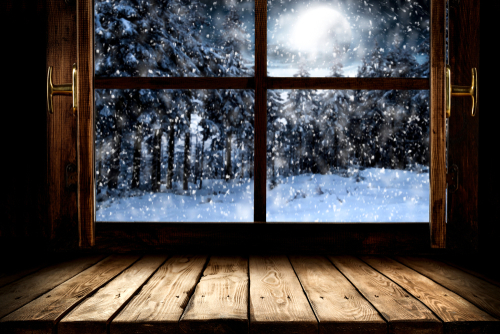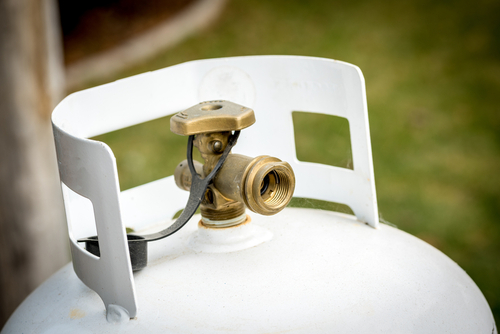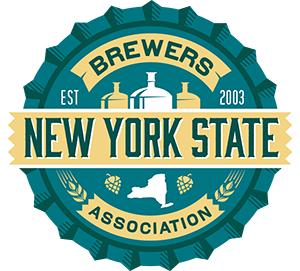Propane gas is a good friend to have here in Western New York – especially in the winter, when its efficient, eco-friendly friendly heat will keep you safe and comfortable no matter what Mother Nature throws at us.
But as a propane customer, you have some special considerations to keep in mind during the cold weather months – especially before, during, and after the arrival of severe winter storms. To keep your family – and our delivery teams – safe during heating season in your propane-powered home, be sure to follow these five steps:
- Clear a path to your tank – Snow and ice can make it difficult to reach your propane tank for re-filling, monitoring, and maintenance – make sure you keep at least an 18” path cleared to your fill valve and gauge.
- Mark your tank – Install a colored flag near the fill valve of your propane tank so our delivery crew can find it in the event of deep snow; a flag also helps the driver to safely and most effectively position his truck for your delivery.
- Keep snow and ice off your tank – Once you clear a path to your propane tank, switch to a broom to clear snow and ice from the tank itself; using a shovel for this purpose could damage the tank.
- Keep an eye on your propane levels – If you are not an automatic propane delivery customer, keep a close eye on your propane levels throughout the winter – especially during a cold snap when you will probably use propane more quickly than you realize. Call when your tank is about one-third full; the colder it is, the busier our delivery crew gets, so don’t wait until the last minute to contact us for a propane delivery.
- Remind your family about propane leaks – Always keep a nose out for a propane leak, which smells like rotten eggs. If you detect that odor, follow propane safety procedures immediately.
Be prepared for any weather this winter with reliable propane delivery in Buffalo and Rochester, NY from the pros at Irish Propane. Contact us today to become an Irish Propane customer!








